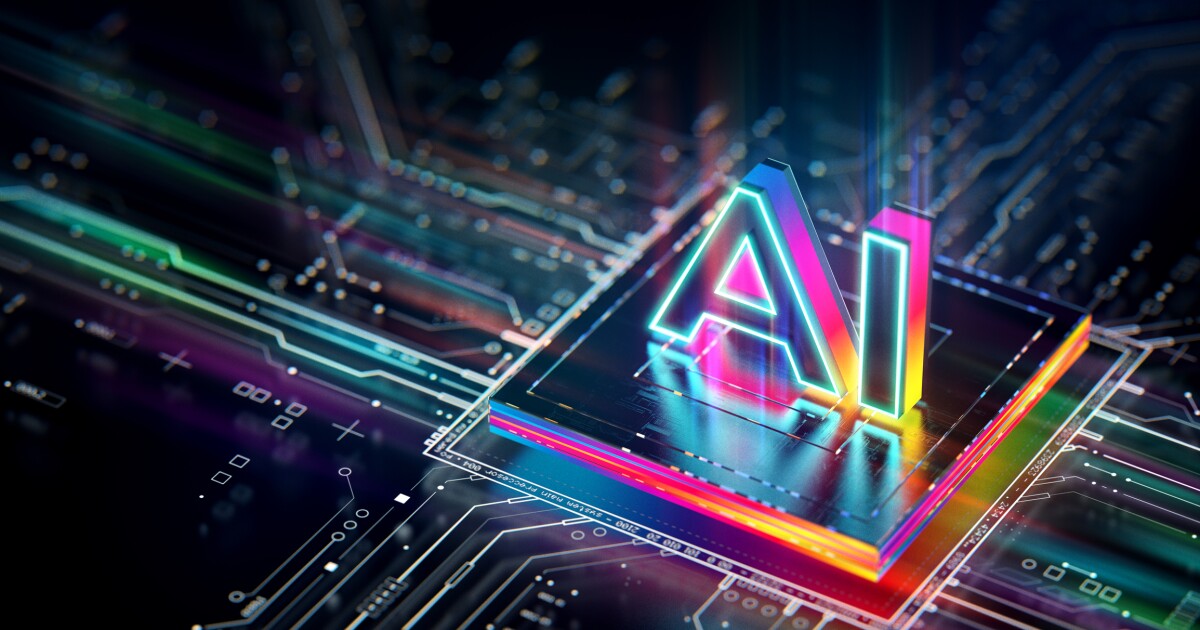

A decision by the highest court in the United Kingdom affirms an international standard for patents and technology that only humans can be considered inventors.
The U.K. Supreme Court ruled on Wednesday that it would not recognize technologist Stephen Thaler’s bid to have his artificial intelligence bot, called DABUS, recognized as an owner of two patents it helped him design. The court decided that “an inventor must be a person,” thus barring AI from owning patents in the U.K.
COMMERCE WILL REVIEW THE USE OF LEGACY CHIPS TO DETERMINE EXTENT OF CHINESE DOMINANCE
The ruling is the highest court decision regarding Thaler’s yearslong effort to get an AI its own patent, and it helps reaffirm the longtime principle that intellectual property rights belong to people alone.
The U.K. decision is “upholding a historic standard,” Kevin Keener, a patent lawyer at Keener and Associates, told the Washington Examiner. “Courts have upheld the idea of only a person owning a patent or copyright for years, and this decision affirms it.”
Thaler’s request for a patent was denied across the board by patent offices in the United States, U.K., Europe, and China.
In the U.S., he has mounted legal challenges to the denials. A federal court ruled in August 2022 that inventors must be natural persons, and the Supreme Court rejected Thaler’s suit in April 2023.
The U.S. Patent and Trademark Office declined to comment on the U.K. Supreme Court’s decision but pointed out that President Joe Biden’s October executive order on AI asked it to publish guidance “addressing inventorship and the use of AI, including generative AI, in the inventive process” by March. That guidance could provide explicit legal answers to the questions posed by AI.
Many countries’ patent systems work in similar ways and often communicate back and forth under the Patent Cooperation Treaty, Keener noted. The system makes it easy to file a single patent protection request and have it recognized across multiple countries.
The case’s uniqueness is comparable to the copyright battles in the 2010s over whether a monkey should be allowed to own the right to an image, Keener said. A macaque got his hands on a wildlife photographer’s camera in 2011 and ended up taking a selfie, a story that went viral. Someone from Wikimedia Commons attempted to upload the photo because the monkey’s involvement made it “public domain,” or free for all. The photographer challenged that notion and tried to claim ownership.
CLICK HERE TO READ MORE FROM THE WASHINGTON EXAMINER
This sparked a multiyear battle over whether an animal could be considered a “legal person,” culminating in a 2015 lawsuit in which People for the Ethical Treatment of Animals sued the photographer, demanding he give the monkey the right to the image. The case was dismissed in 2016 when a judge declared copyright law does not extend to animals, with all attempts by PETA to appeal failing to find traction.
Thaler has not stated his next steps, leaving the future of his campaign for AI rights uncertain.






